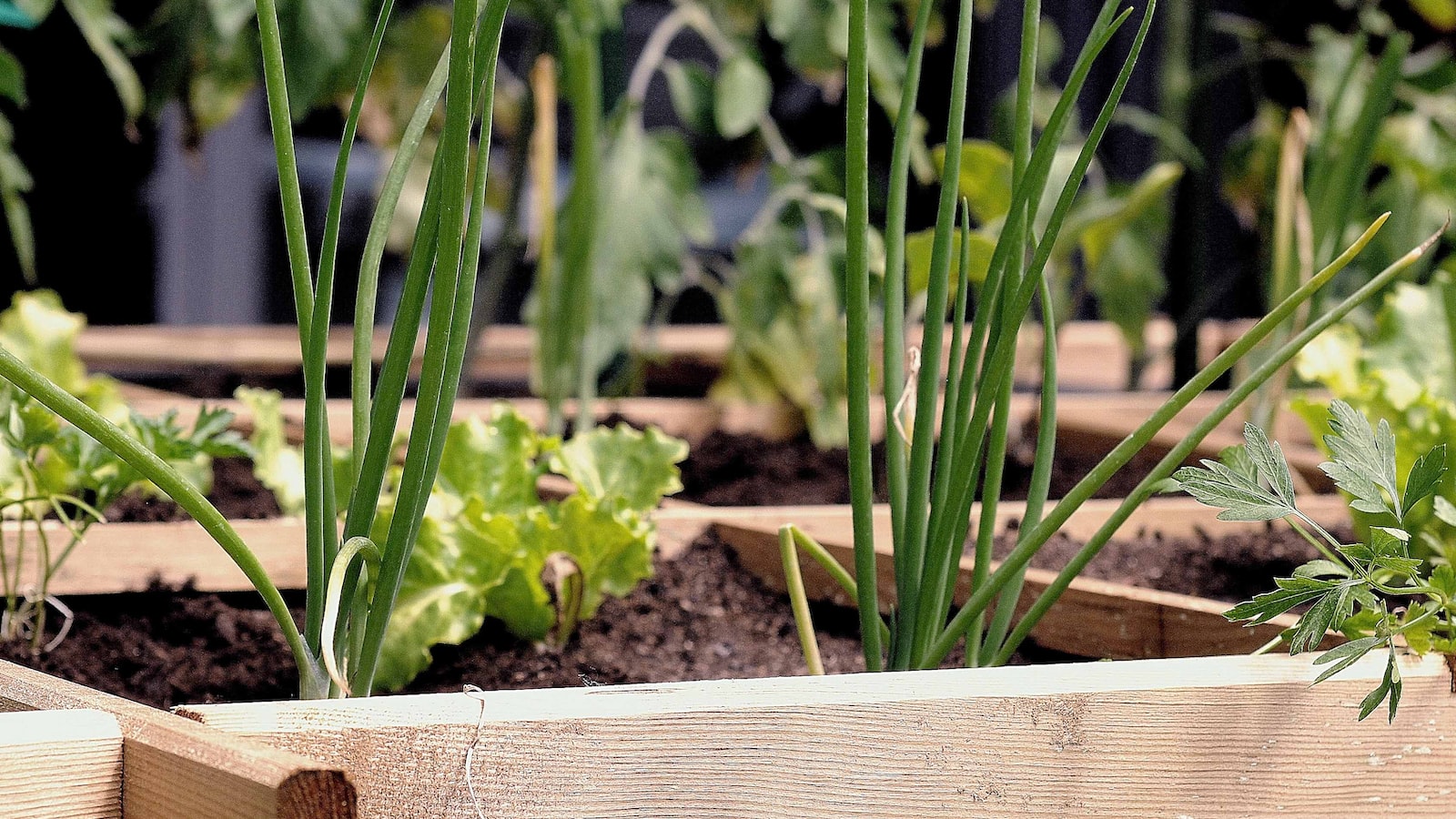
Petrochemicals, derived from crude oil and natural gas, play a crucial role in various industries, encompassing areas such as plastics, packaging, construction, textiles, and even renewable energy technologies. However, concerns regarding their significant environmental impact have necessitated a shift towards sustainable practices within the petrochemical sector.
The Environmental Challenge
The traditional petrochemical industry has had substantial negative consequences on our planet. From greenhouse gas emissions during production to plastic waste accumulation in oceans, these challenges urgently call for innovative and ecologically responsible solutions.
Fortunately, the emergence of sustainable petrochemical technologies has opened up new avenues for environmental progress. These innovative approaches focus on reducing carbon emissions, minimizing waste generation, and developing bio-based alternatives to traditional petrochemicals.
“Sustainable petrochemicals have the potential to revolutionize the industry, mitigating its harmful impact on the planet while still meeting the demand for essential products and materials.” – Environmental Scientist
Reducing Carbon Footprint
One of the most significant contributions of sustainable petrochemicals lies in their ability to reduce the industry’s carbon footprint. Advanced production processes and the incorporation of renewable energy sources help decrease greenhouse gas emissions throughout the petrochemical life cycle.

Waste Minimization
Another crucial aspect of sustainable petrochemicals is waste minimization. By optimizing manufacturing techniques, recycling materials, and implementing circular economy models, researchers and industry leaders aim to reduce waste generation and promote resource efficiency.
Development of Bio-based Alternatives
Exploring bio-based alternatives to conventional petrochemicals serves as a cornerstone for sustainable progress. Leveraging biomass feedstocks, such as agricultural residues, forestry waste, and algae, scientists are developing bio-plastics and renewable chemicals that can substitute or complement traditional petrochemical products.
The Road Ahead
The future of petrochemicals lies in sustainable practices that address environmental concerns without compromising industry growth. Collaboration between governments, industries, and research institutions is crucial for driving innovation and implementing sustainable petrochemical technologies on a larger scale.
By embracing sustainable petrochemicals, we can pave the way for a greener and more vibrant future, ensuring a safer environment for generations to come. The time for change is now.
Disclaimer: The views and opinions expressed in this article are those of the author and do not necessarily reflect the official policy or position of the organization.





